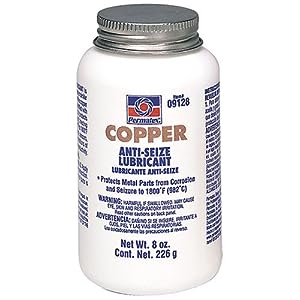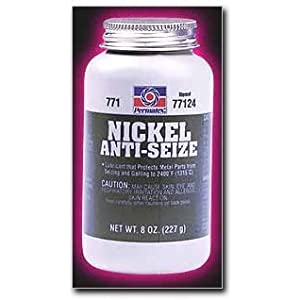One of the benefits of living in Seattle is the opportunity to enjoy the rainy winter storms and be happy that it is too warm for snow. Unfortunately, one of my wood exterior doors on an upper deck is very exposed to these storms. I started to repaint it last week and tried to remove the deadbolt and handle units in order to paint behind them. I was unable to remove the deadbolt and was forced to drill out the screws. Inside the deadbolt and handle sets rust had frozen the screws and other parts.
I have purchased replacement units and am ready to reinstall them. Since I will have to replace the door itself in a few years with a sturdier one I want to be able to reuse this new equipment on it. The question I have is whether I should use caulk under the exterior escutheons to keep out water (and rust). None of the instructions I have read on the internet for any of the major suppliers (Schlage, Baldwin,etc.) addresses this issue. Apparently their equipment is not subject to rain and water damage I know you have to be careful with the grout and avoid using too much. But is there something I don't see? Is there a better way of keeping water out of the mechanisms?
I know you have to be careful with the grout and avoid using too much. But is there something I don't see? Is there a better way of keeping water out of the mechanisms?
Thanks for any suggestions or advice
I have purchased replacement units and am ready to reinstall them. Since I will have to replace the door itself in a few years with a sturdier one I want to be able to reuse this new equipment on it. The question I have is whether I should use caulk under the exterior escutheons to keep out water (and rust). None of the instructions I have read on the internet for any of the major suppliers (Schlage, Baldwin,etc.) addresses this issue. Apparently their equipment is not subject to rain and water damage
Thanks for any suggestions or advice






